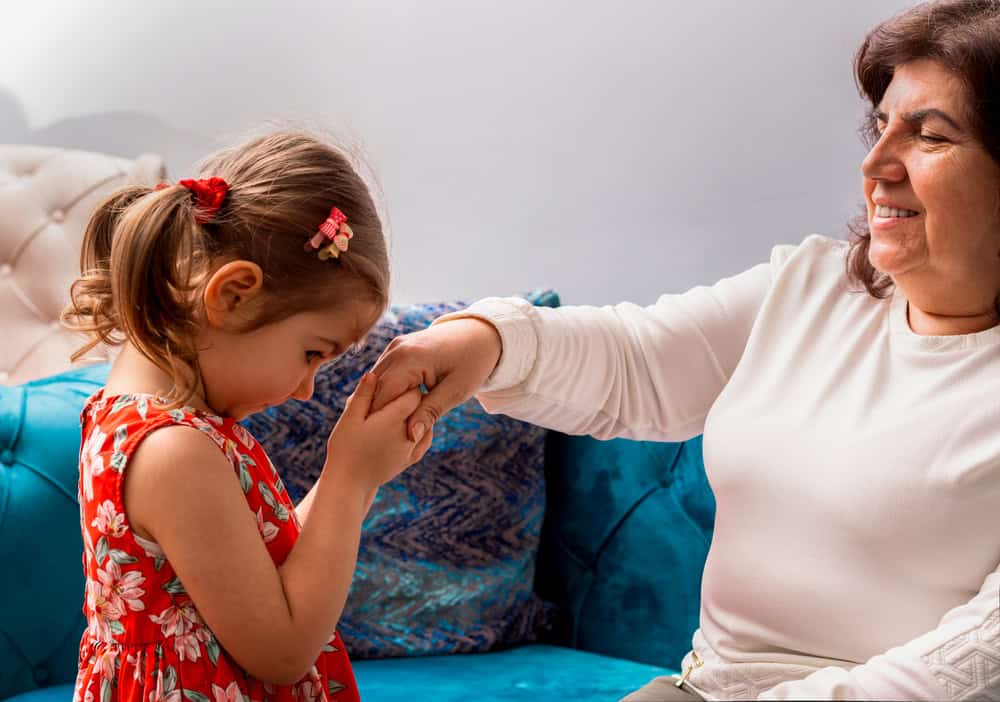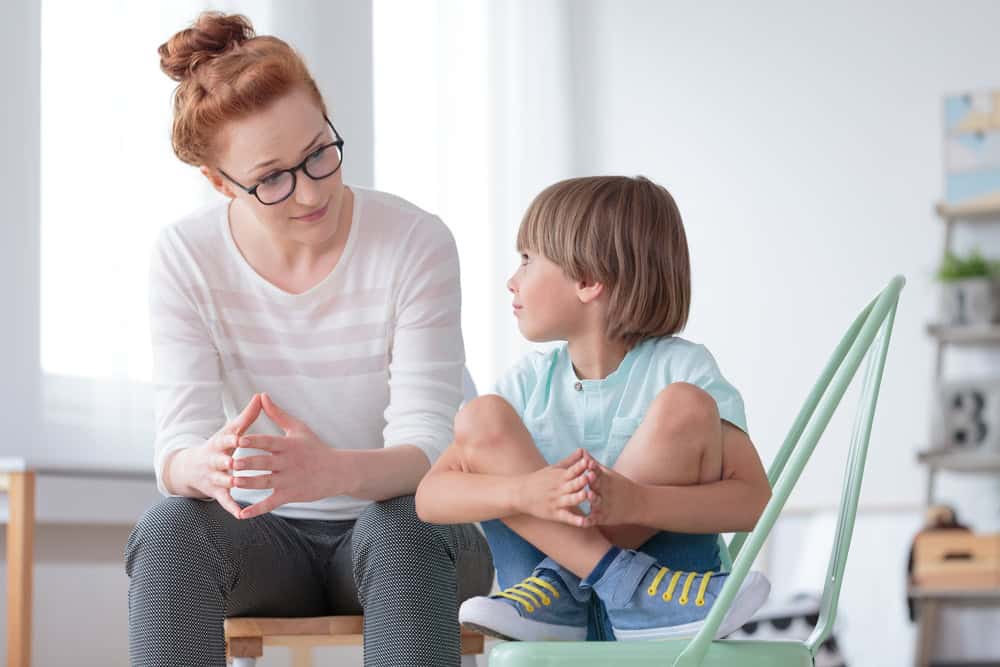The most important relationship for a child is the one they develop with parents.
Children learn about the world around them through a positive parent-child relationship. As they grow and change, children ask their parents to determine if they are safe and if they love them.
It is also a base on which they will build their future relationship. So, we present to you 11 simple tips that could help you with it.
1. Be a Good Example for Them

Children watch their parents carefully all the time. Children are in dire need of role models. Be the person you want your child to be.
Respect your child, show him positive behavior and attitude, and have empathy for the child’s emotions, and your child will follow suit.
Live what you want from your child. Don’t just tell your child what you want him to do, or how to behave. The best way to teach is to show your children how it’s done.
Children are unique and they learn by imitation. They are “programmed” to copy other people’s actions and incorporate them into their lives.
2. Establish House Rules

Sometimes children need to know about some rules and order. It doesn’t matter what their friends’ parents allow. There are your kids, your house, where your rules apply.
3. Teach Children Respect

Don’t let your child be disrespectful to you or someone else. Likewise, children learn from you, so the same is required of you. Also, it is very important to teach children how to behave.
Teach them to be polite, friendly, and respectful.
4. Teach Them to Respect the Elderly

It is very important for children to know how to respect the elderly. In case they don’t have respect for the elderly, they will build a very ugly character.
On the other side, if they don’t respect the elderly, they even will not respect you.
5. Play With Them

Play is the most important part of childhood, through it children learn and develop. Also, the role of moms and dads is not just to watch how their children grow and develop.
Parents should actively participate in the child’s play. Talking and laughing through play provide children with a solid foundation for further communication and skills.
6. Don’t Force Children to Do Something – Give Them a “Choice”

For example, if you make lunch and your child is not satisfied with what is on the table, do not be upset because of that.
Instead of forcing it, give him two options: take it or leave it. Also, let him find another choice for himself.
Over time, he will realize that this is the best, and perhaps the only option. The most important thing is that he will understand on his own and will not have the feeling that he is forced to do something.
7. Be a Safe Haven for Your Child

Be a warm and safe place from which your child can explore and to which he will return. It is important to support and accept the child as an individual.
Let your child know that you will always be there for them by responding to their signals and being sensitive to their needs.
It is a fact that children raised by parents who are constantly responsive show a better degree of emotional regulation development, better development of social skills, and better mental health.
8. Show Love Through Action

It is good to show your unconditional love through action. Let your children know that you love them. There is no possibility that you will love your child “too much“, nor that you will spoil your child by showing love.
Just in case that you give to child material things and excessive protection, then you will get a spoiled child. Only what you do in the name of love has an effect.
So, loving your child is simple. It is enough to hug him, spend quality time with him, eat together, and listen seriously to his little problems.
9. Practice Loving and Positive Parenting

Children learn through life experiences. So, give your child positive family interaction, especially in the early years. Then they will have positive experiences and be able to offer them to others.
On the other side, if you give your child negative experiences, he will not have the kind of development he needs to progress.
These positive experiences create good neural connections in your child’s brain and form memories of you that your child will carry into his life.
10. Use Tips, Science and Scientific Facts

Nowadays, parenting is one of the most researched areas of psychology. Many parenting techniques, practices, and traditions have been scientifically studied.
So, there is a lot of advice, facts, portals, and books with tips for parents, parenting, and parent-child relationships.
11. Talk to Your Child

Most of us already know the importance of communication. So, talk to your child and listen carefully, that’s important.
Talk about disturbing experiences. Ask your child to describe what is happening and how he feels. In this way, you will develop harmonized communication.
Listen to your child – you don’t have to give all the answers to his questions or offer solutions. Just listen to him.
Also, you can ask some questions that can clarify the situation using simple words to help him.

